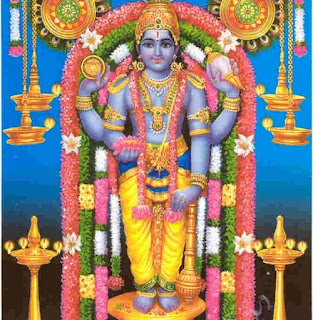Srimad Bhagavatham-6.1.10 & 11.
Skandham-6. Chapter-1. Slokam-s-10 & 11. (10) kvacin nivartatebhadrat kvacic carati tat punah, prayascittam athopartham manye kunjara-saucavat kvacit=sometimes; nivartate=ceases; abhadrat=from sinful activity; kvacit=sometimes; carati=commits; tat=that (sinful activity); punah=again; prayascittam=the process of atonement; atho=therefore; apārtham=useless; manye=I consider; kunjara-saucavat=exactly like the bathing of an elephant. Sometimes one who is very alert so as not to commit sinful acts is victimized by sinful life again. I therefore consider this process of repeated sinning and atoning to be useless. It is like the bathing of an elephant, for an elephant cleanses itself by taking a full bath, but then throws dust over its head and body as soon as it returns to the land. When Parikshit Maharaja inquired how ...



Comments
Post a Comment